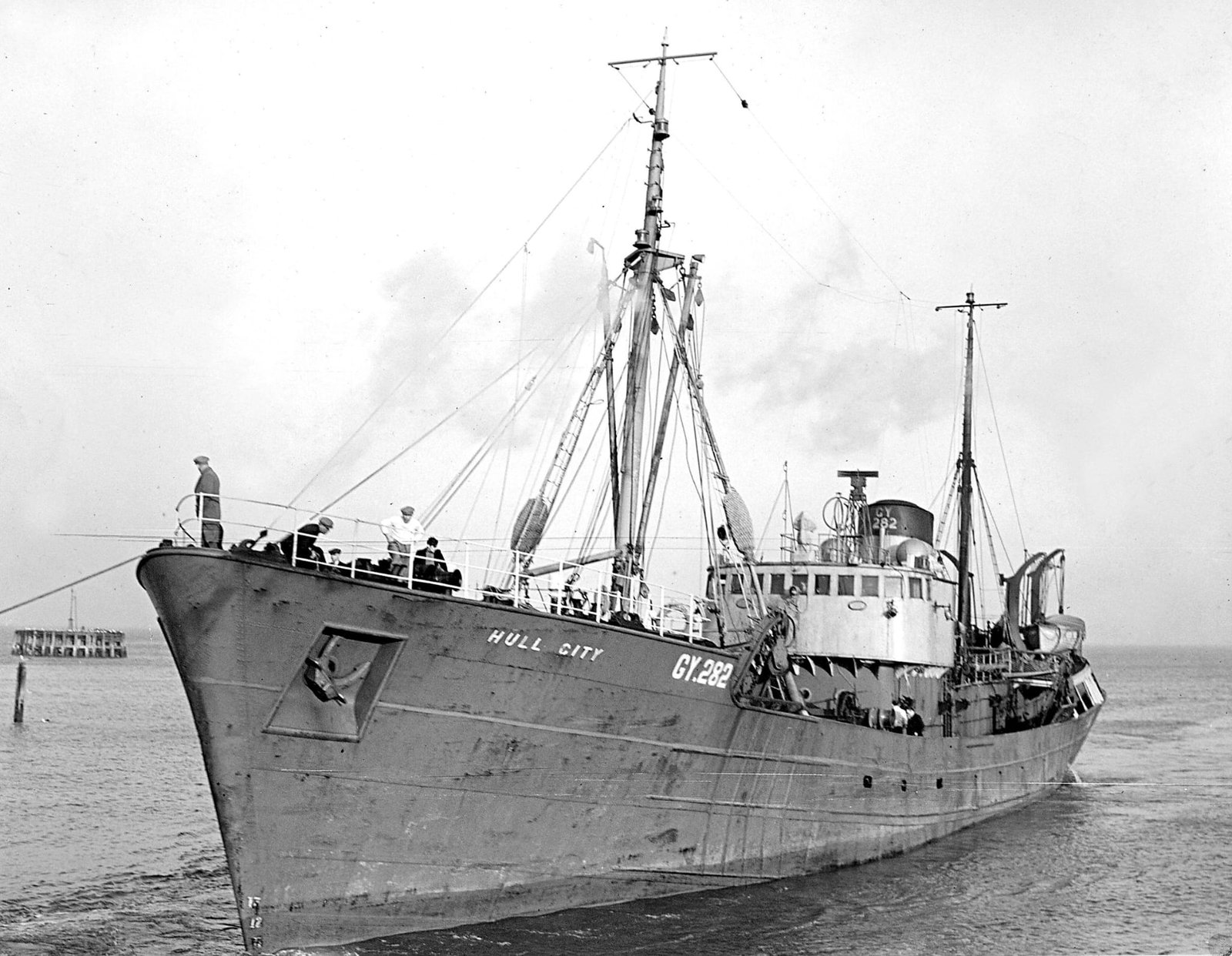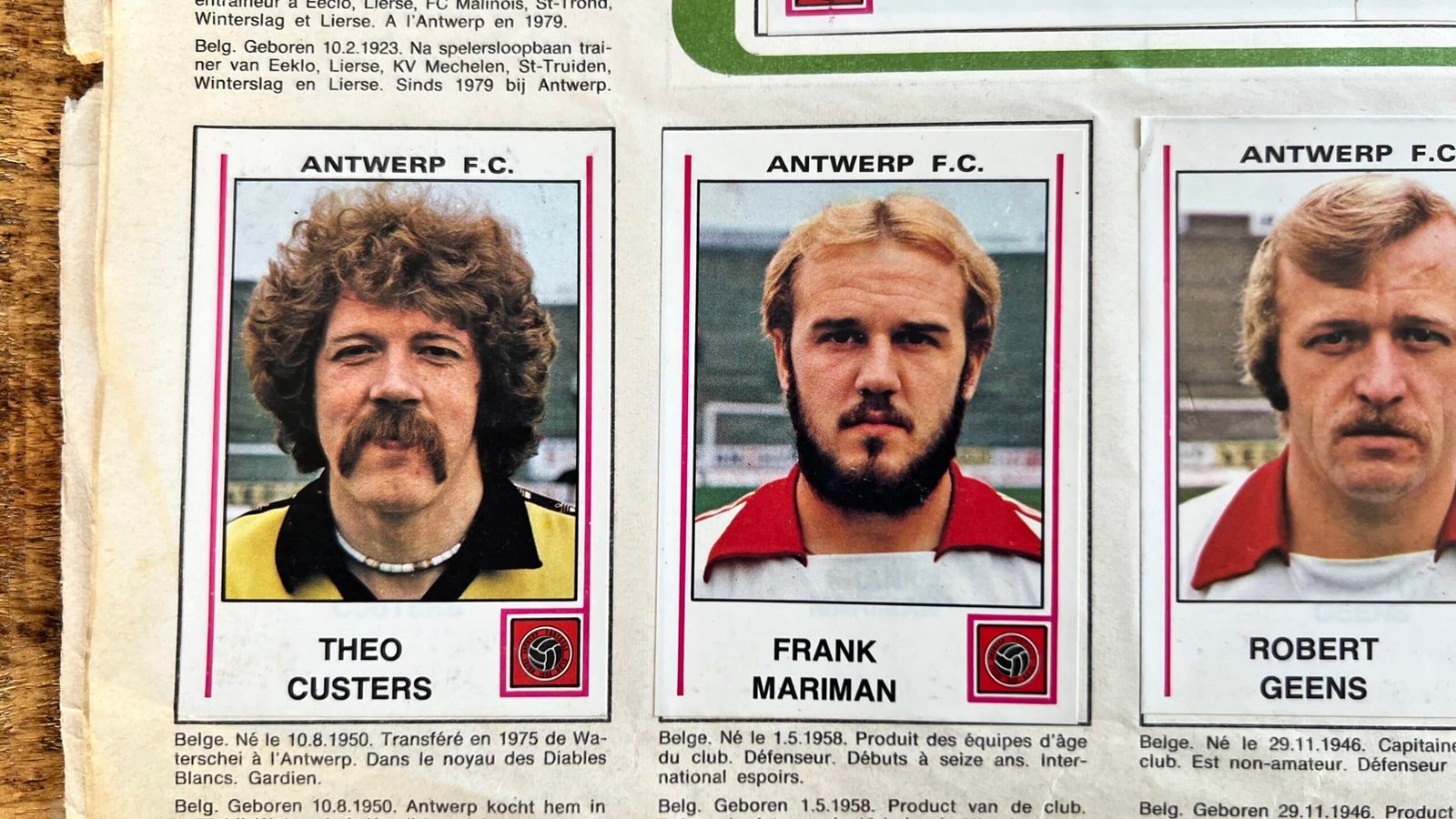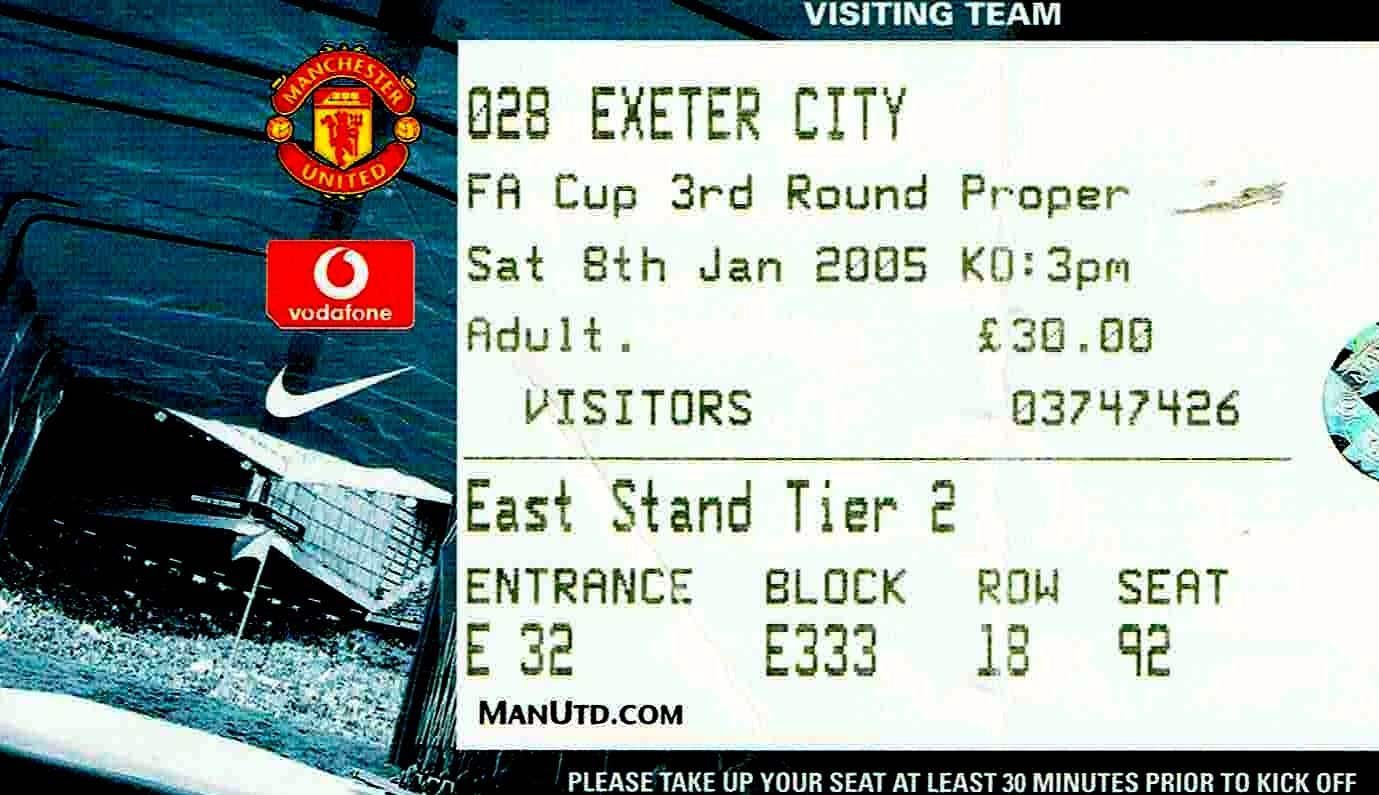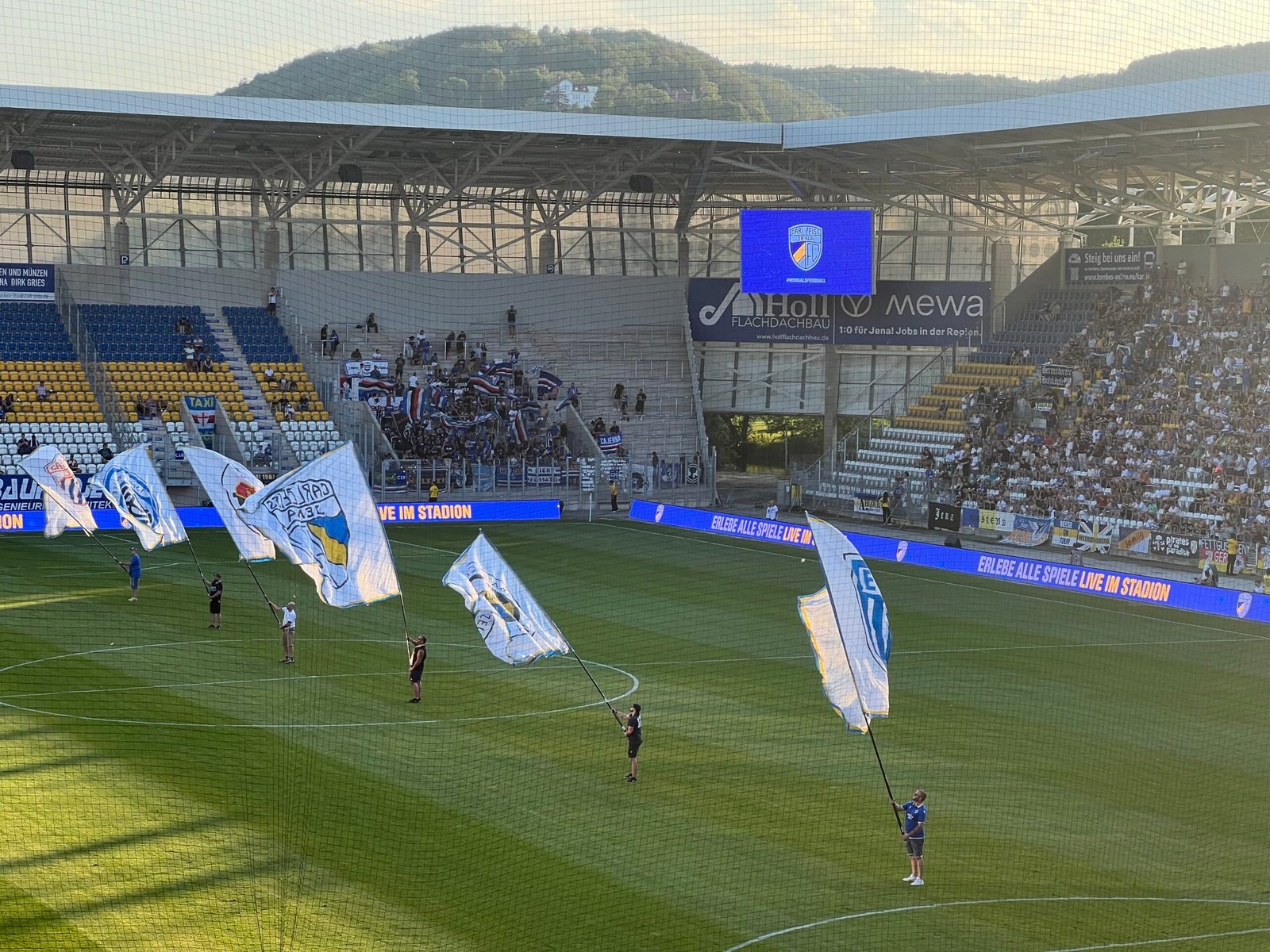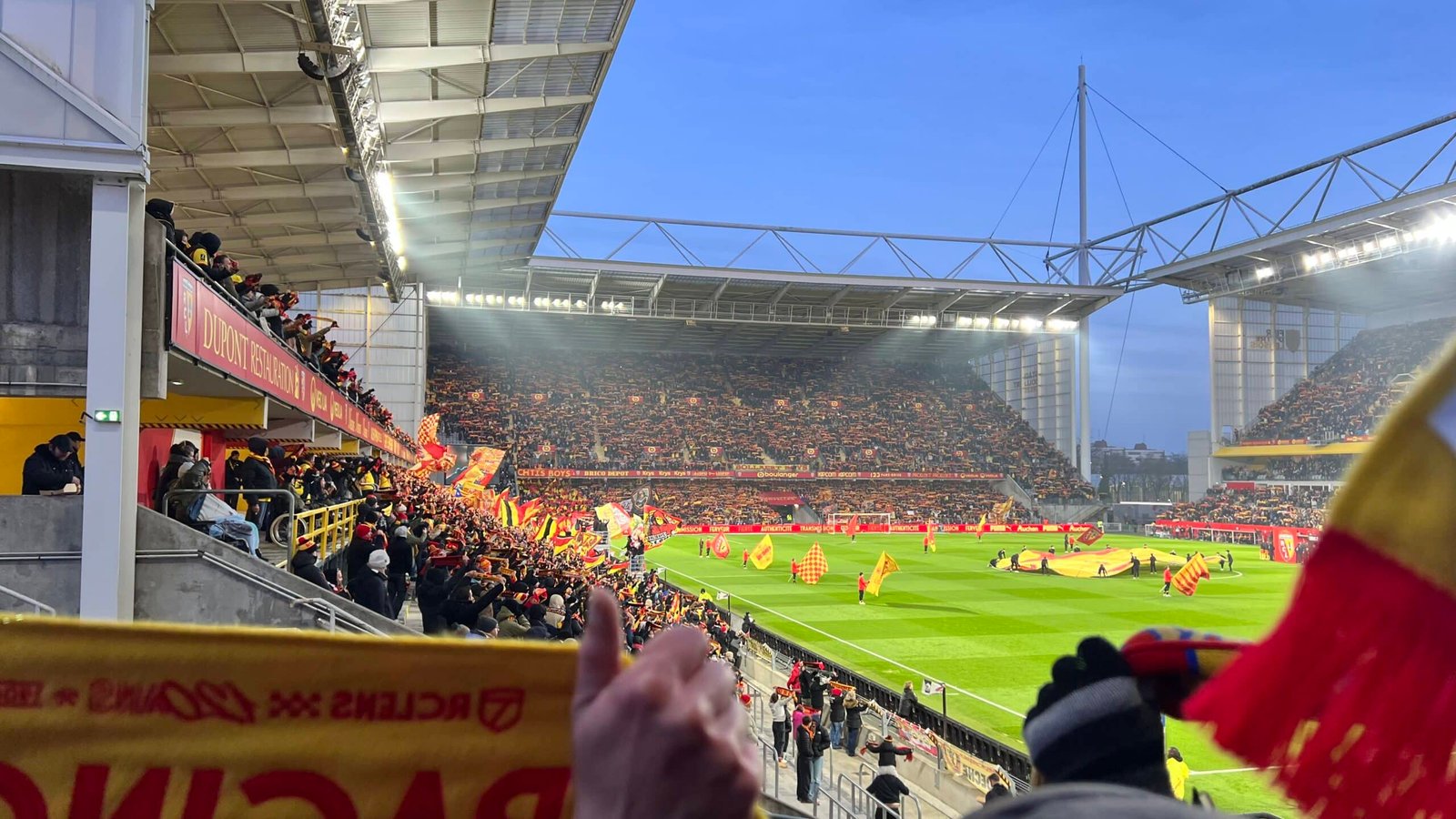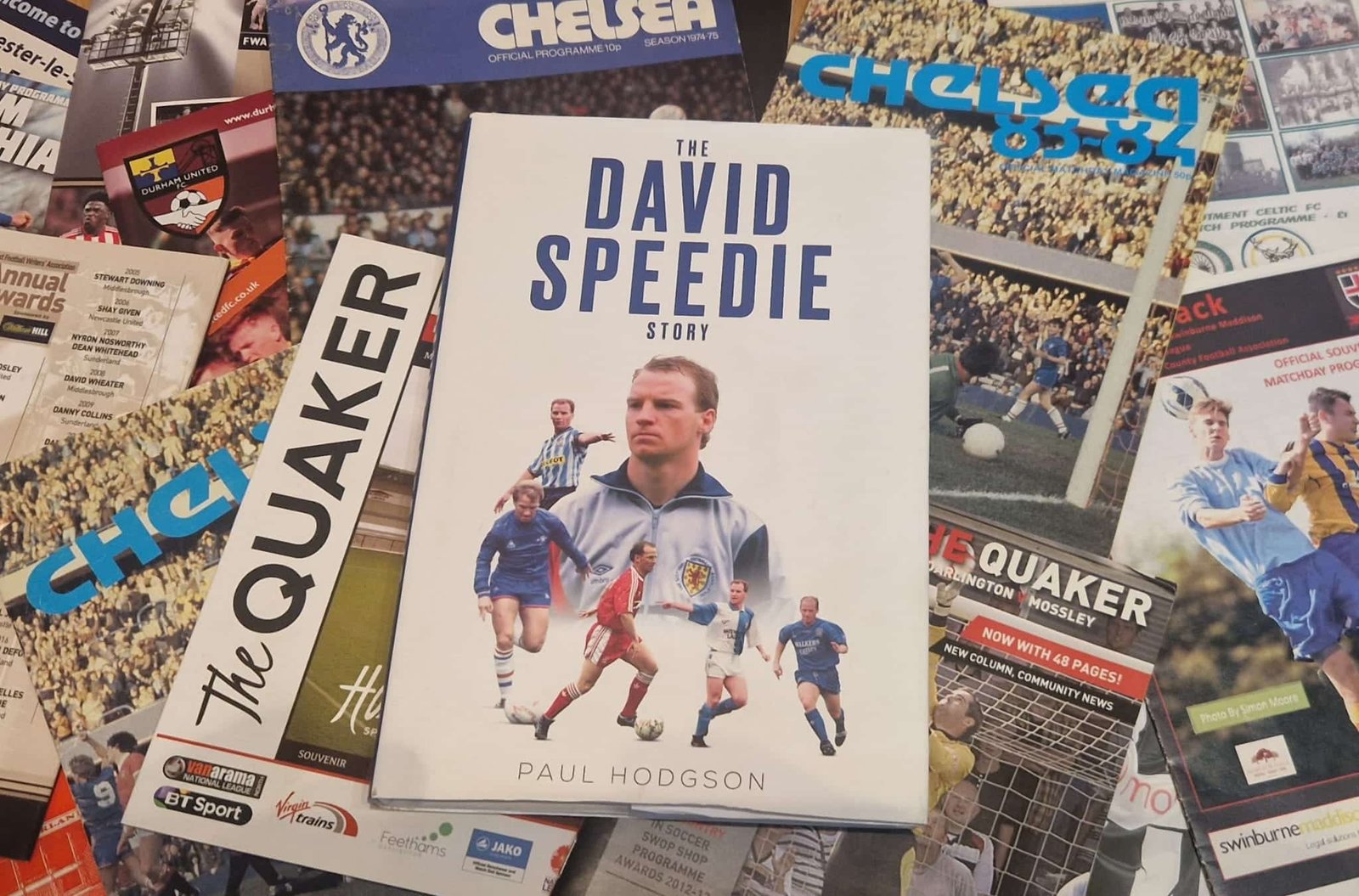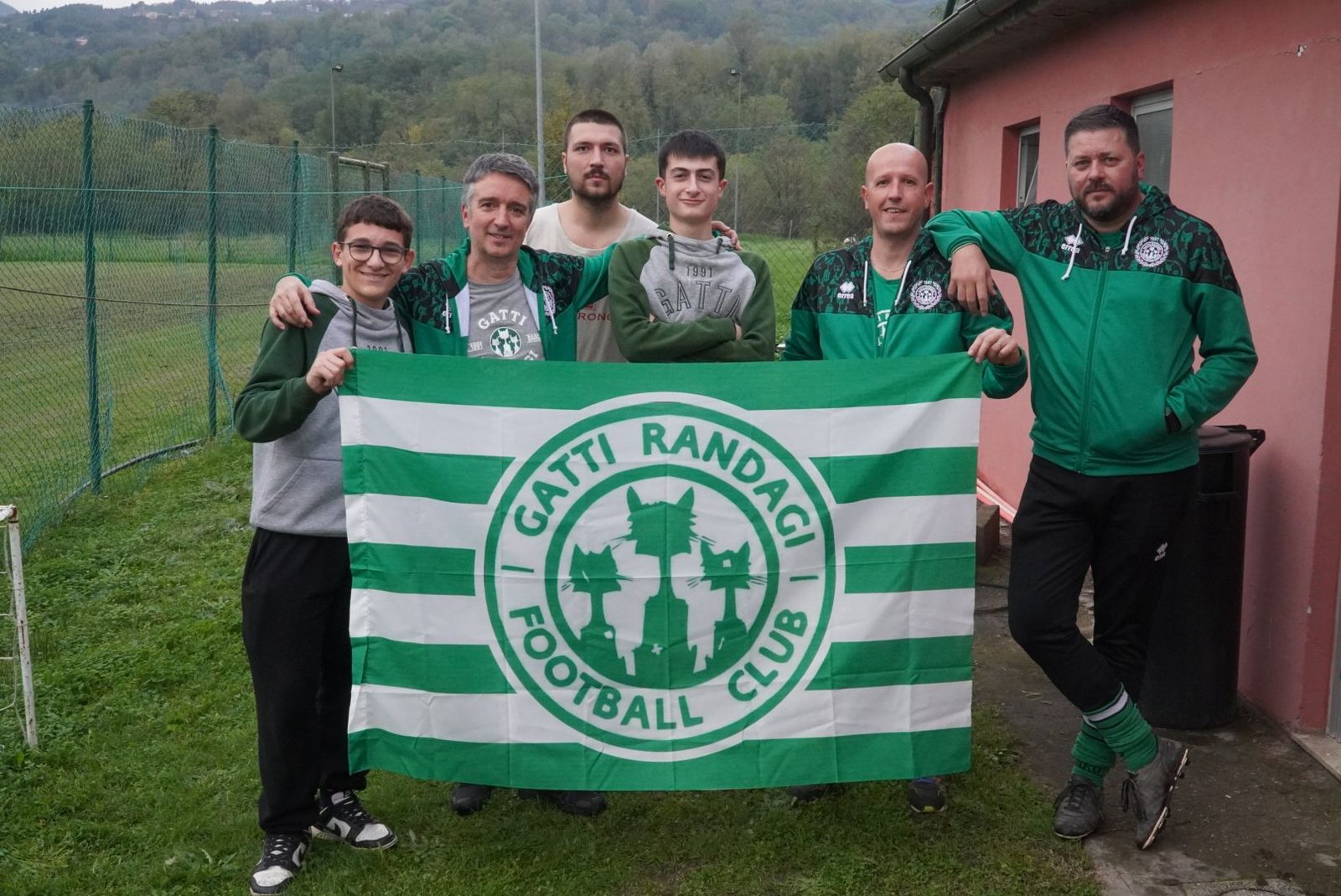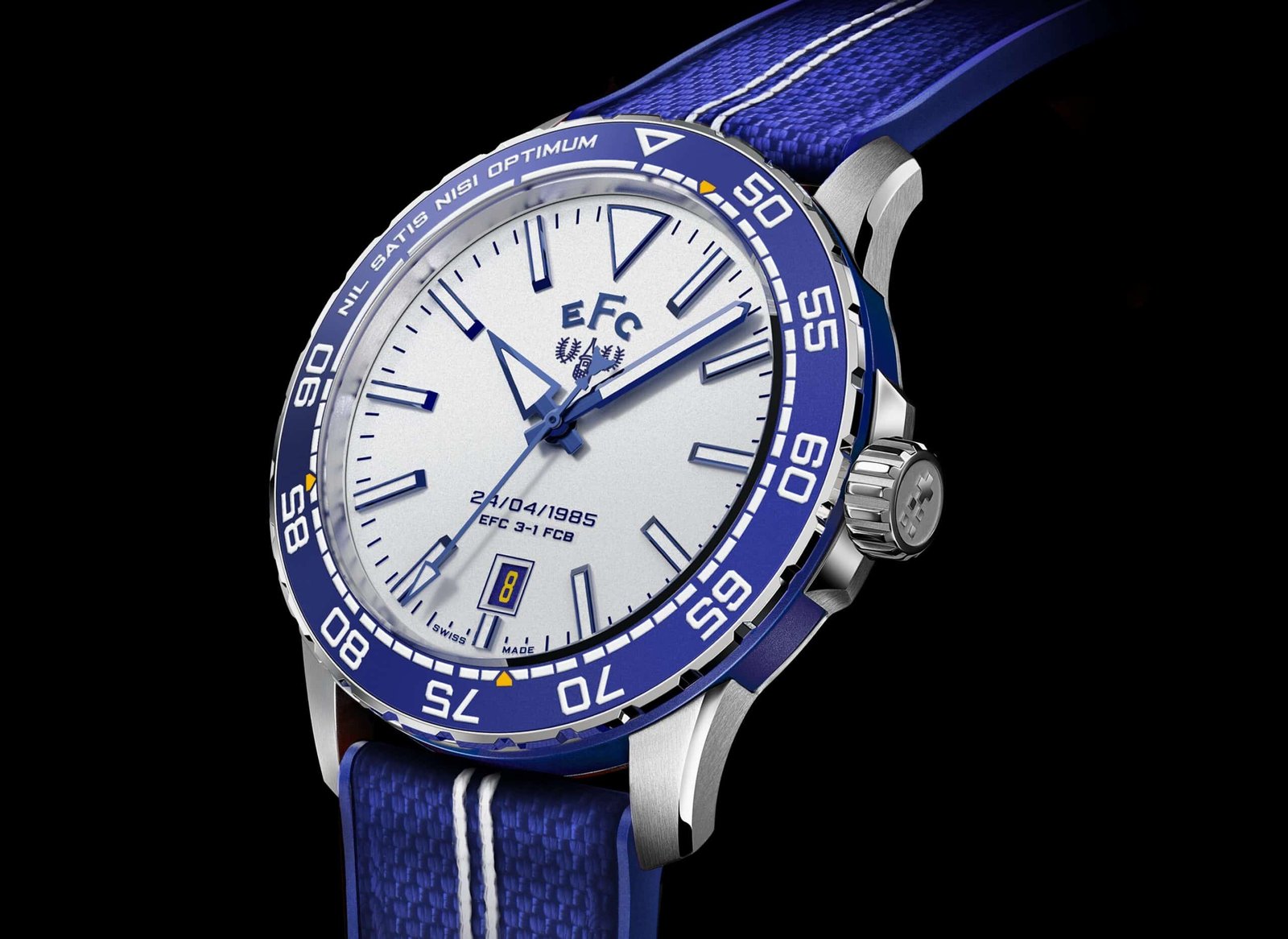How two friends created 11FREUNDE: Co-founder Philipp Köster talks to Alan Deamer
Founded in 2000 by Philipp Köster and Reinaldo Coddou H, 11FREUNDE quickly established itself as a cornerstone of German football culture. More than a magazine, it’s a tribute to the essence of the game – its history, its quirks and, most importantly, its people. With stunning visuals and a mix of nostalgia, fan culture and offbeat humour, it has become a must-read for any German speaker in thrall to das schöne Spiel.
Now celebrating its 25th anniversary, 11FREUNDE is marking the occasion with a special party in Berlin on April 25 – tickets are available via 11FREUNDE. To honour the milestone, Libero’s Alan Deamer sat down with fellow Arminia fan Köster to talk about its legacy, its role in football culture and what lies ahead:
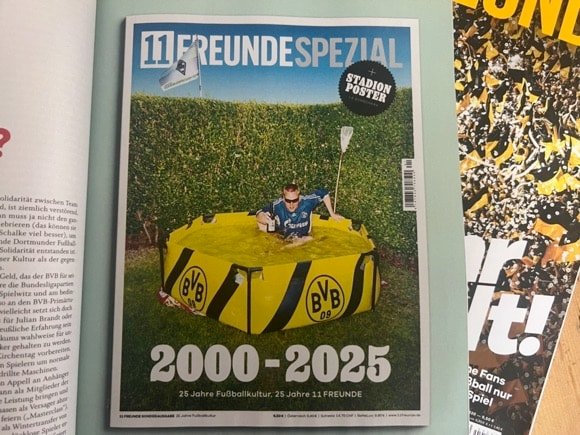
Libero: 11FREUNDE is celebrating its 25th anniversary. Looking back, did you ever imagine when you first started that the magazine would reach this point?
Philipp Köster: When we started 11FREUNDE, we never thought that the magazine would last this long or become such an important voice in German football culture. Our goal was to champion fan culture – to fight for standing terraces, chants and genuine passion, as opposed to the increasingly commercialised version of the game shaped by clubs and TV broadcasters.
Libero: Before 11FREUNDE, you were involved with Halb Vier, a fanzine dedicated to Arminia Bielefeld. How did this come about and what is the meaning behind its full title, Um halb vier war die Welt noch in Ordnung?
PK: In the nineties, fanzines were a huge part of football culture. Every club, big or small, had these self-made, photocopied magazines that offered an alternative voice, countering traditional newspapers and club PR. There were Come Back from Düsseldorf, Bude, and FröSi from Rostock, among many others.
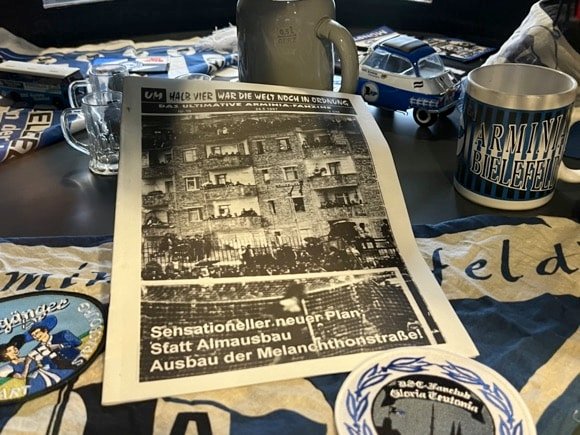
In Bielefeld, we loved the name of the Dundee fanzine It’s Half Past Four and We’re Two-Nil Down, so we came up with a German version that translates as ‘At half past three, the world was still fine’. Half past three is the classic Saturday kick-off time here, a moment when everything still feels okay for Arminia Bielefeld fans – until, inevitably, a few minutes later, our team concedes a silly goal. The title was meant to be just as ironic as our attitude towards football back then.
Libero: After teaming up on Halb Vier, you and photographer Reinaldo Coddou co-founded 11FREUNDE. How would you describe your partnership in those early days and what role did it play in shaping the magazine’s identity?
PK: Reinaldo and I complemented each other perfectly. As a designer, he created 11FREUNDE’s signature look – classic and elegant, yet modern. It was both nostalgic and innovative at the same time. His photography shaped our unique perspective on football, moving beyond standard action shots to capture the deeper beauty of the game.
I aimed to reflect that visually rich approach in writing – bringing in humour, self-irony and cultural references from music, art and cinema. Together, this combination helped define the magazine’s identity from the very start.

Libero: Independent football magazines often stem from a love of print and a frustration with mainstream football media. What were the main motivations behind 11FREUNDE?
PK: When 11FREUNDE was founded, football fans were barely acknowledged in mainstream media. They were often stereotyped as unintelligent, moustachioed troublemakers looking for fights.
The idea that fans had rights or played a crucial role in shaping the atmosphere in stadiums was rarely, if ever, discussed in newspaper reports. We wanted to create a counterpoint – something humorous, direct and laced with irony.
Of course, Reinaldo and I were passionate about magazines, but more importantly, there was simply no alternative. At the time, the internet was still running on 56k modems, so independent voices had to find a home in print.
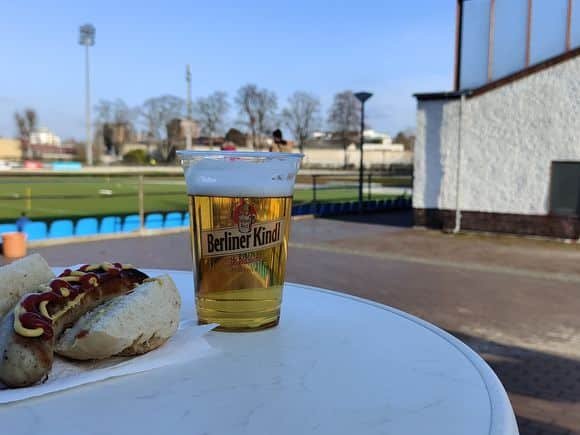
Libero: Over a quarter of a century, 11FREUNDE has built a reputation for unique storytelling, humour and deep analysis of football culture. What do you think has been the key to its longevity and success?
PK: Our goal has always been to maintain the highest quality in everything we do – design, photography, paper and writing. Every element had to feel special, fresh and creative. From the start, we knew our only chance of standing out was to be better and more entertaining than the big magazines. That drive has kept us going and ensured our longevity.
Libero: Football culture is rich and diverse, from the Bundesliga to lower leagues and fan-driven initiatives. How do you ensure 11FREUNDE captures the full spectrum?
PK: Football culture isn’t a monolith; it’s constantly evolving. What mattered to fans 20 years ago might not hold the same significance today. We try to capture and reflect these cultural shifts, from the Bundesliga to the amateur leagues. The creativity and humour found in the fourth division often surpasses what you see in the top tiers.
At the same time, the atmosphere in big stadiums like Dortmund or Schalke is unparalleled and the football on display can be breathtaking. Ultimately, it all comes down to this question: what are we looking for in football and can it still provide it for all of us?
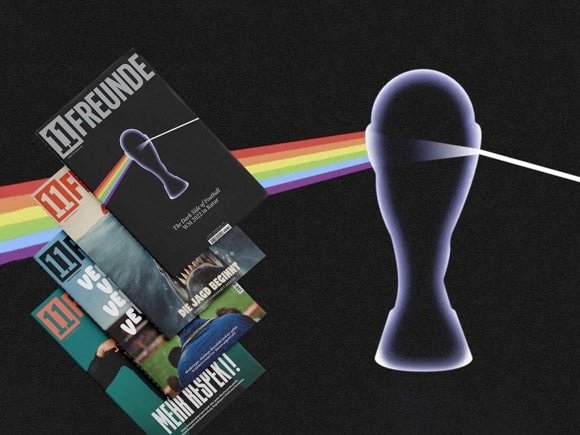
Libero: After 25 years of special editions, exclusive interviews and imaginative covers, is there one that stands out as your favourite?
PK: There have been so many great articles and photos over the years. My favourite cover is definitely our satire of Pink Floyd’s Dark Side of the Moon, which we used for the World Cup in Qatar. In it, the prism of light becomes a dull white beam due to the refraction from the World Cup trophy.
As for what made me laugh the most, it was definitely our campaign where we ‘accidentally’ sent two fake Portuguese players to Frankfurt an der Oder, in eastern Germany, instead of Frankfurt am Main, for a European game. The internet went wild over that one!
Libero: if I’m not mistaken, you grew up as a Stuttgart fan. Who or what influenced you to make the transfer to Arminia Bielefeld?
PK: Yes, I was a Stuttgart fan because my mum gave me a VfB shirt for my eighth birthday. At the time, there were no other ones available at the sports shop in Bielefeld. But everything changed when I went to the Bielefeld Alm for the first time in 1982. Arminia won 5-0 against Mönchengladbach and from that moment on, there was no other club for me but Arminia.

Libero: Did you, or do you, play football yourself? And, if so, who was your role model?
PK: I played football up the B youth level at TuS Eintracht Bielefeld, which is in the east of the city. Then I had to make a choice – whether to play or watch football at weekends. By that time, I had already caught Arminia fever, so I didn’t think twice about it.
But I have great memories of those days – the hard pitches, the drunken groundsmen and away games in small villages where tough farmers would kick your Achilles tendon. My role model back then was Karlheinz Förster, a brutal defender from VfB Stuttgart. He was a tough player, but with his blond hair, he looked almost angelic.
Libero: Finally, with Arminia now so close to reaching Berlin for the German Cup final, how would 11FREUNDE capture such a historic occasion?
PK: Honestly, if Arminia make it to the final, I wouldn’t care how 11FREUNDE reported on it. I’d just want to be drunk for three days, celebrating the moment!
11FREUNDE. 25th Anniversary Party, Haus Ungarn, Karl-Liebknecht-Straße 9, 10178 Berlin. April 25, 9pm. Tickets here.


